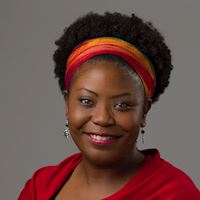Center for Excellence in Teaching & Learning
Cultivate. Grow. Flourish.
Featured Events
The CETL Team
 Nicola Corbin
Nicola Corbin
CETL Director
nicolacorbin@weber.edu
Regular Office Hours
Monday - Friday
10:30am - 5:00pm
Closed Dec. 22 - January 2
 Nicola Corbin
Nicola Corbin
CETL Director
nicolacorbin@weber.edu
Monday - Friday
10:30am - 5:00pm
Closed Dec. 22 - January 2